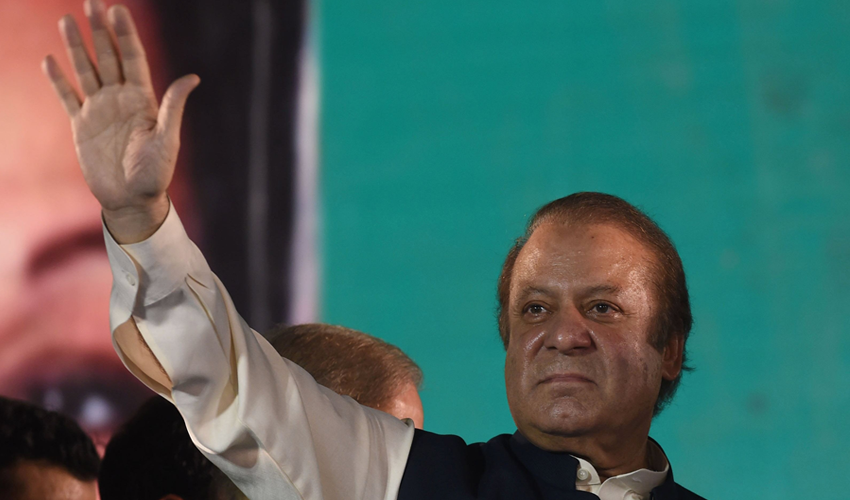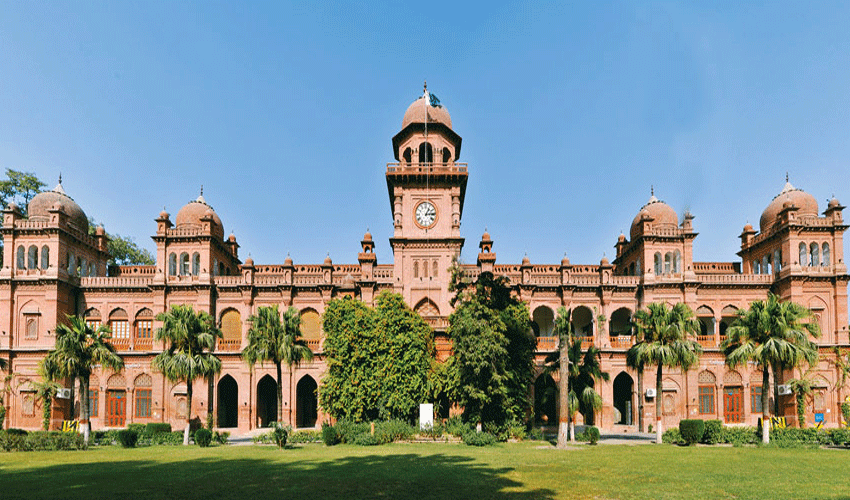On October 21, 2023, the political landscape of Pakistan experienced a seismic shift as former Prime Minister Nawaz Sharif made a dramatic return to his homeland after four years in self-imposed exile for medical treatment.
Nawaz Sharif's homecoming signifies a significant development in Pakistan's political arena, and it's crucial to understand his career, his time in exile, and his return.
Nawaz Sharif's political ascent
Nawaz Sharif was born on December 25, 1949, into a prominent industrialist family in Lahore, Pakistan. His entry into politics commenced in the early 1980s when he joined the ranks of the Pakistan Muslim League (PML), a center-right political party.
In a remarkably short span, Sharif ascended the political ladder, culminating in his first term as Prime Minister in 1990. This marked the beginning of a long and eventful political career, with Sharif subsequently serving as Pakistan's Prime Minister three times.
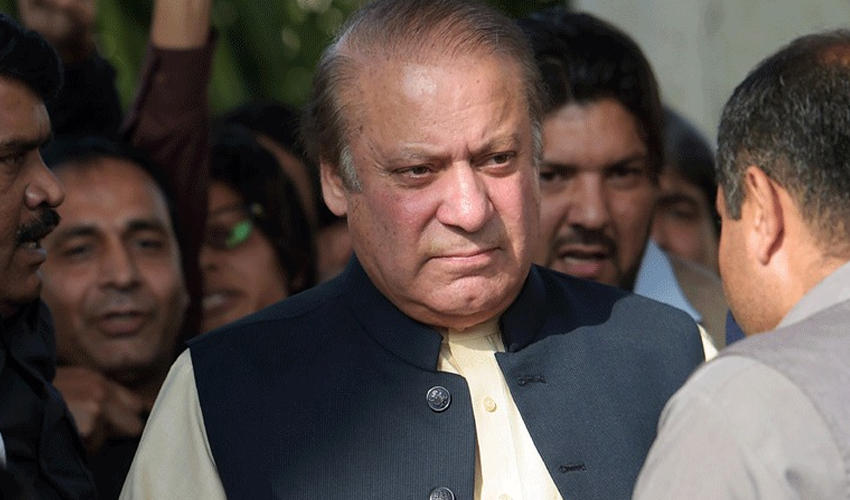
During his stints in power, Sharif's leadership was marked by substantial economic reforms, infrastructural development, and a vigorous privatization agenda. His tenure oversaw significant projects, including the initiation of the Lahore-Islamabad Motorway, a symbol of modern infrastructure in Pakistan.
Nevertheless, his political journey was marred by controversy and turbulent transitions. His second term as Prime Minister ended abruptly in 1993 when he was dismissed by then-President Ghulam Ishaq Khan. In 1999, he faced a military coup orchestrated by General Pervez Musharraf, resulting in his removal from power.
Jail time and exile
The turning point in Sharif's career came in July 2017 when he faced a series of legal challenges due to allegations of corruption. These allegations were linked to the Panama Papers leak, which connected Sharif's family to luxury apartments in London.
In July 2018, Nawaz Sharif, along with his daughter Maryam Nawaz and his son-in-law Captain Safdar, was convicted and sentenced to prison. Sharif received a ten-year prison sentence, Maryam a seven-year sentence, and Safdar one year.
In a twist of events, in September 2018, Sharif was temporarily released from prison on medical grounds. Subsequently, he left for London to seek medical treatment for heart and kidney issues.
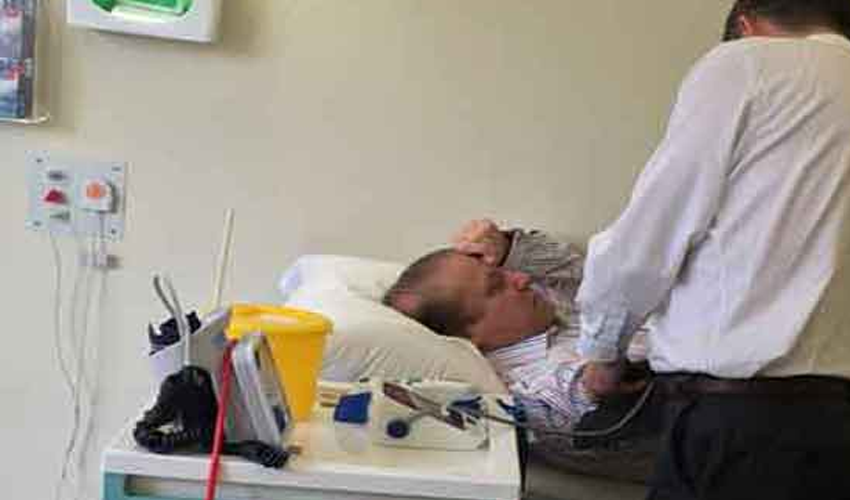
His departure from Pakistan was justified by the Islamabad High Court, which granted him bail on humanitarian grounds. Initially, Sharif portrayed his exile as a temporary measure for medical treatment.
However, it extended to four years, during which he continued to confront legal challenges in Pakistan.
Return to Pakistan
Nawaz Sharif's return to Pakistan on October 21, 2023, signified a pivotal moment in the nation's political landscape.
His decision to come back ahead of scheduled elections infused an air of anticipation and intrigue into the political sphere. Sharif arrived at Lahore's Allama Iqbal International Airport to a rapturous crowd of supporters and party workers, emphasizing his enduring popularity.
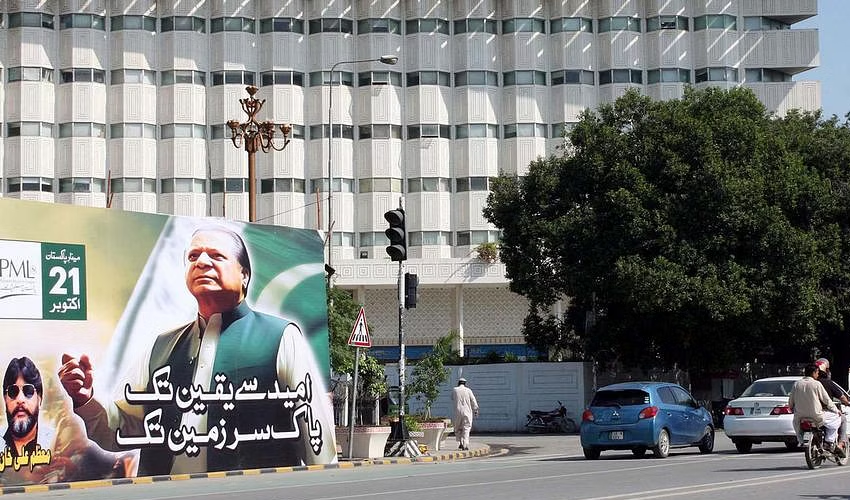
Sharif's homecoming generated diverse reactions. His supporters celebrated it as the return of a seasoned politician with an enduring legacy, while critics raised questions about the timing and intentions behind his return.
The political significance of his presence was immediately evident, as Pakistan witnessed both pro-Sharif rallies and anti-Sharif protests. The nation seemed poised for a period of intense political activism and competition.





